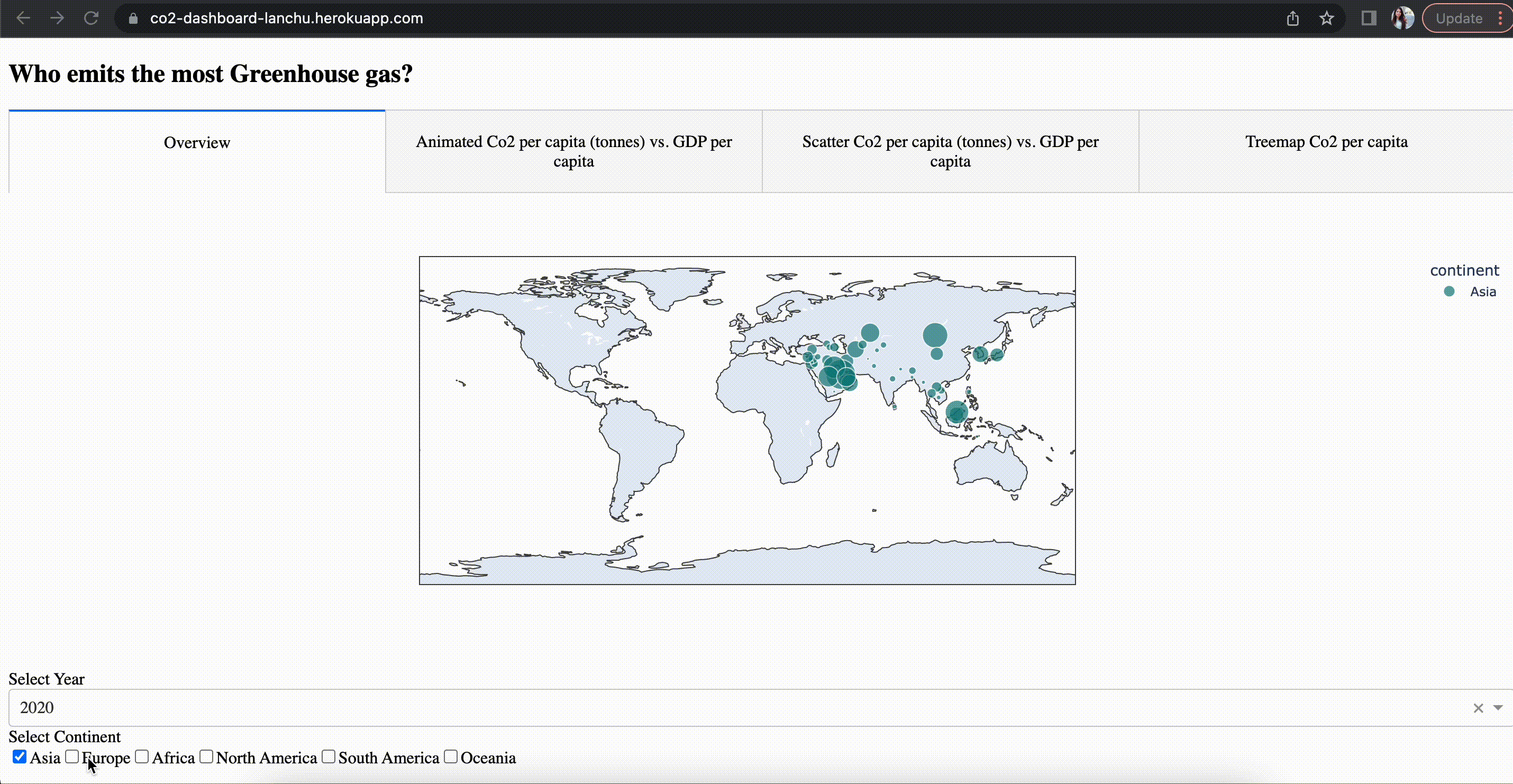
Ace your next Data Science interview.
All the real stuffs and interview questions in great details.
In this post, I will talk about the data science interview process and the questions that were asked based on my experience. Many people are intimidated by interviewing, however, notice that it is a candidate’s market right now and this process can be fun if you know what to expect and how to prepare. It is important to keep in mind that depending on the companies, the process differs. Even within the same companies, different interviewers may have different approaches. Not all interviewees get asked the same questions. But in general, there are a few similarities that you should expect to see in most of the Data Science jobs that you apply for.
1. The phone screen with the HR recruiter
The goal of this introductory interview is to understand better your situation and a bit of your study and work experience. Nothing technical at this point. This conversation is rather short and usually lasts around 15–30 minutes.
2. The interview with the Manager and HR
In my experience, this round is not too much about the technicality, unless the manager has heavy quantitative/technical background. They will focus on understanding your goals and expectations, the reasons behind you applying for the job, and how you fit in the position, the team, and the company culture. Occasionally, they will ask questions for a broad assessment of your relevant skills. Some questions I got asked include:
- What do you know about the company.
This is an ancient question, but it does happen to me more than once. It is probably not in your best interest showing up and being clueless about the company you want to work for. Plus, it is useful to know about the company and the values it stands for. Recruiters get excited about your passion for the company’s mission. For me, it is also important that the company I am going to work for follow certain values that I appreciate. Well, at least on paper.
- Why do you apply? What is your expectation of the role?
For this kind of question, think about how you want to contribute to the team and how the job will benefit your learning and your career path. To be convincing, you should have a clear idea of what you want to pursue in your career. And even if you don’t, pretend to!
One useful tip is to think about the pain of the company — the reason why they are hiring you. They do not hire you for nothing, it serves a purpose and a need that is not yet being met. This again requires doing research ahead of time and making an educated guess. With that, you will appear to be more of the right fit because you understand what they need and what you can do!
- Explain your previous relevant experience from a functional side.
Easy peasy lemon squeezy. Expect them to ask questions about the past projects you have worked on. The focus, in general, will be on the functional side. You should not go technical here. They will get bored.
- How you collaborate with colleagues.
Teamwork is crucial for any project. It is a high chance that you will work with colleagues who come from different backgrounds, culture,s and beliefs. Think about a time that you face a difficult situation at work, either challenging deadlines or conflicts at work, and how you solve that.

3. Interview with senior/Lead Data Scientists
This interview is rather a technical, math, and concept interview. I think there is no fixed set of questions for this. The conversation will evolve depending on how you explain and answer things and the experience/knowledge of the interviewers on a certain topic.
- Describe functionally and technically a DS project you worked on (they will pick one of those in your CV)
In one interview, I got asked to explain the Image Recognition project I mentioned in my resume.
- The volume of the data
- Since the size of your data is small, what techniques can be used to increase the volume?
- Any potential data quality issues. They want to know if you do proper Exploratory Data Analysis
- Gently dive into the math behind the convolutional neural network 😐
And in another interview, the interviewer dived into a time series forecasting model, again a project in my CV. Many questions were asked, you can expect some questions like the following:
- Which metrics did I use to measure model performance (MAE, RMSE, AICc etc…). Why did I choose one metric over others?
- How did I do cross-validation. So, explain the idea behind cross-validation
- Explain the chosen feature selection techniques
- One of the models I used was Random Forest Regressor. List 3 hyper-parameters of Random Forest and how to do hyper-parameter tuning ( e.g Gridsearch Sklearn or any other framework)
- Another model I experimented with was ARIMA. One interviewer said that, the model is basically auto-regressive. Considering the context, do you think that is the reason why your model performed badly.

- The ethical issue in Data Science
The interviewer explained a real business situation and asked whether the way the company dealt with it was ethical. You must be wise here. You want to be true to yourself, but you would not want to offend your potential employer either. It requires understanding the context and some ethics and fairness concepts in Data Science. Try to listen and analyze the situation, and ask questions when you are not sure.
But if you can’t seem to provide an answer, don’t worry. I can save you. A perfectly fine answer could be: the line between ethical and unethical issues sometimes is so thin and without further context, it is difficult to decide 😉
- I have data but I do not have a business case. What can I do?
In real-world scenarios, many times stakeholders will come to you with the data and ask you to propose some project ideas/initiatives that are beneficial for them. Since they come from the business, you can’t expect them to always know what kinds of techniques they can apply to the data. One thing you can always do is to first explore the data, visualize it, and create a dashboard to provide insights. Link it with the topics that are relevant to the stakeholders. In my opinion, this is a skill that we, as Data Scientist, need to have. If we work with data everyday, we are expected to come up with the compelling business case ideas about what we can do with data.
4. The coding assignment
Once you passed the technical interview, the next step can be a coding assignment. You work on the coding exercise within a limited time period. The result and the code will be reviewed by the responsible person(s) and they will decide if they want to move forward with you.
The coding assignment can differ among companies. It could be, literally, a coding exercise, in which you are asked to solve a real-world business request, i.e. join different data sets and report on the number of unique customers. It could also be working on a business case. You are given a data set and a business question to solve. For me, it has always been the latter. With this assignment, the hiring company wants to test not only your modeling and programming skills but also your overall approach when you face a problem like this.
The good thing about this exercise is that it is usually a take-home assignment. Lock yourself in a room and work on it. You have all the resources you need, the book, the internet. Google and Stack Overflow are there.
I think the reason why companies allow you to do this at home is that, actually, in our daily work, we google too. It is perfectly ok to consult StackOverflow or other resources and digest those code solutions. It’s a normal learning process. As long as you know how to google (yes!), are willing to learn, and are able to connect the dots, they are satisfied. Similarly, the company is not so worried whether you ask someone else to help with this exercise. You discuss and get help from colleagues anyway. And they can always ask questions during the code review/presentation session to check your understanding of your own code and how you approach the problem.
Because they want to have an overview of your approach, make sure you understand the business question, the data, and that the methodology you use fits the problem you want to solve. A friend of mine once told me that he had a terrible interview experience. The interviewers literally denied his approach. Poor guy. You will be asked to send your notebook (probably through GoogleColab or any similar platform) and a ppt presentation. If possible, make an appealing slide deck 😊 It helps to tell a story, and people like it. Trust me, you may do this a lot in your job.
5. Presentation of the result
Awesome! You have been selected to present your results. We are almost there. The goal of this is to probe for more details on your approach, whether the solution provided fits and the hiring company wants to test your ability to speak to business stakeholders.
You will be given some time to present your work and questions will follow. Make sure you understand every little thing you put in your notebook and slide. You should expect to receive some questions on your approach (i.e classification or regression), your feature engineering and selection, the model that you choose, the model evaluation and any potential pitfalls.
Usually, you present this to a team of Scientists and Business colleagues, so speak the language of the latter and make sure your story is relevant to them. The data scientist interviewers can go technical if they see the need. In one interview, I think I went a bit too much on explaining Precision and Recall in my presentation (🙈) You could also try to practice in advance with a friend to get feedback.
Tips on how I study and prepare for the interview
- Review the job posting and connect your relevant experience with the job description. If possible, for each task in the job description, prepare a similar project that you have worked on. With this, you‘ll be well prepared.
- Understand the required technical skill set. They are usually there because they will be needed to perform the job. Study and prepare yourself.
- Review your resume — make sure you understand everything in your resume in great detail. They will be asked!
- Review math and concept interview questions. I have heard so many people saying you don’t need Math or Statistics for a Data Science job. That is wrong, you do need them. I got asked all kinds of questions about convolutional neural networks, scaling input features for LSTM, and the math behind the algorithm. Honestly, do you feel comfortable using something without understanding the intuition behind it?
- Try to do as much research as you can about the people who will be interviewing you. Knowing what they do and finding commonalities will give you an advantage in guessing the kind of questions they may ask.
- Remember, you can take control to move the conversation in the direction you want.
- In any interview, you should show the right demeanor. Imagine there are 2 candidates: one with all the right technical skills but anti-social and another one who is not as technically strong as the first one but he/she was engaging, confident, and showing a learning attitude. I think a good chance the second one will be selected. The manager is also looking for someone with whom the team will be sharing 8 hours a day.
- What sets you apart: asking critical questions. Yes, being critical about everything they tell you in the interview. I was challenging one of the data science projects they told me about and the manager liked it. Do you know why? Because that is how they expect you to be in your daily work as well.
- Materials and platforms:
Code practice: leetcode.com, learnpython.org
Math and Machine Learning concepts: https://www.amazon.com/Hands-Machine-Learning-Scikit-Learn-TensorFlow/dp/1492032646
Time Series Forecasting: Applied Forecasting Principal and Practices: https://otexts.com/fpp3/
Statistics: https://www.amazon.com/Elementary-Statistics-12th-Mario-Triola/dp/0321836960
That’s it! My actual interview experiences and I hope they help with preparing and you will be successful in your next Data Science Interview.
Thank you for reading. If you find my post useful and you are thinking of becoming a Medium member, you can consider supporting me through Referred Membership link ☺️ I’ll receive a portion of your membership fee at no extra cost to you. If you decide to do so, thank you so much for the support.
By Lan Chu on July 25, 2022.
Exported from Medium on January 7, 2023.


